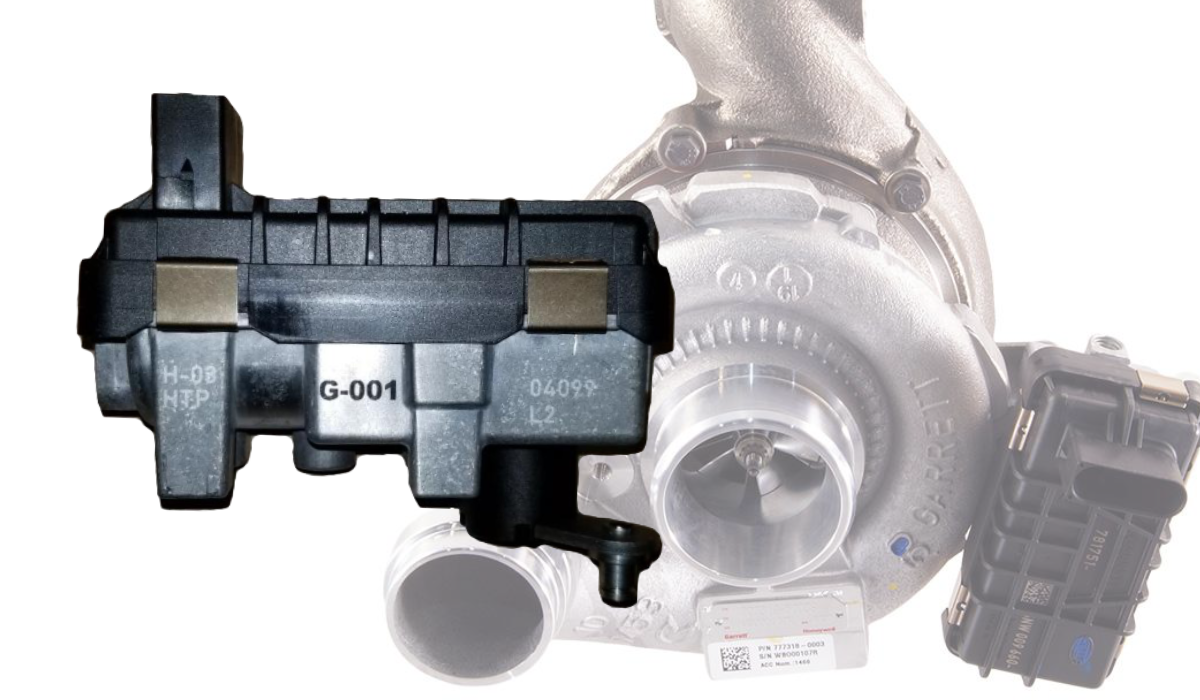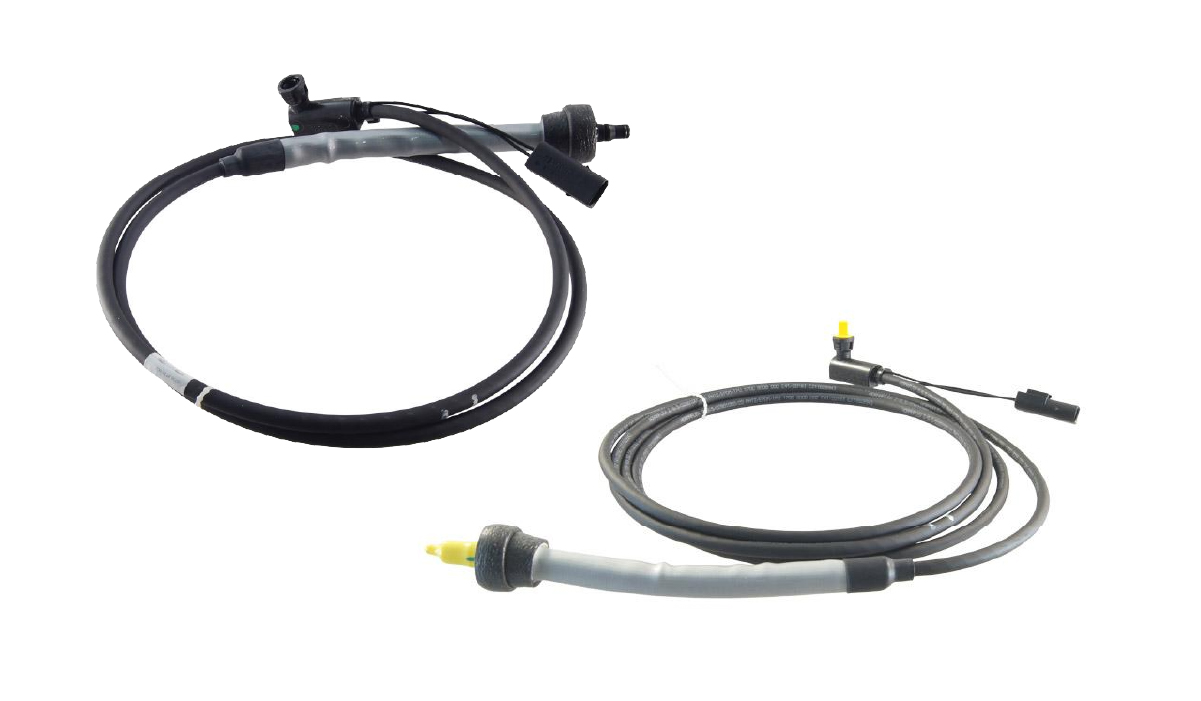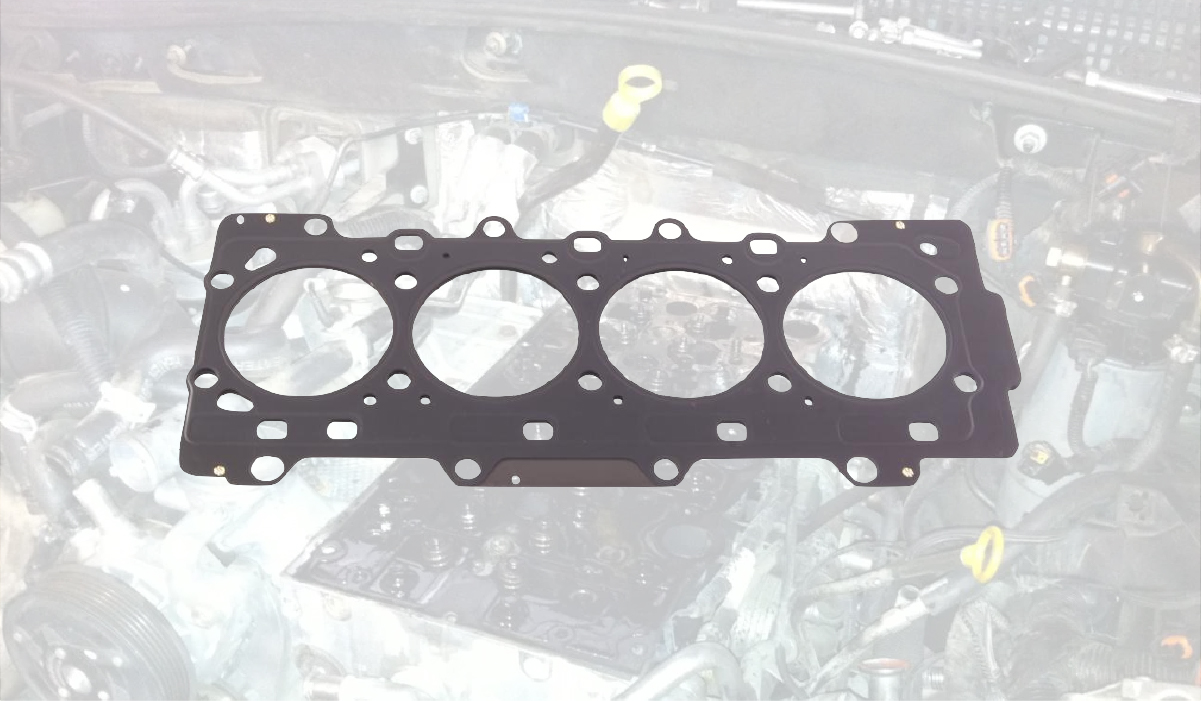505.00, 505.01, 507.00 – What do these mean? 10,000 mile oil change interval? Really? 5W-40, 5W-30, 0W-30, which is better?
Driving a VW TDI means questioning and sometimes tossing out some long-held beliefs about oil and oil change intervals (OCI). Pulling into your local quick-lube store and letting them put whatever’s in the drum below the floor into your car can be disastrous to your TDI. We’re going to try to make it simple and help you choose the oil your TDI requires.
Why is Correct Oil so Important?
If you drive a TDI you already know it’s a remarkable engine. Few, if any other engines offer a comparable combination of power, economy, and longevity. However, several aspects of the TDI’s design make it hard on oil.
First, the TDI’s high compression puts its piston rings very close to the point of combustion. Engineers soon learned that conventional oils could leave deposits, or coke, on the piston rings, which would jeopardize their function, increasing oil consumption.
Second, Oil is the life blood of a turbocharger. If oil cokes or gathers residue then it can clog the turbo oil feed line, starving the turbo of oil and ending its life. Not a good thing.
Third, newer TDIs (’04 and later) have injection systems that are generate very high fuel injection pressures but are also hard on camshafts. These cars require oil that can keep cam lobes lubricated in that high pressure environment.
Fourth, TDIs emissions systems have become much more sophisticated in recent years, requiring oils to be refined without components that can harm those systems.
Finally, all manufacturers are after maximum fuel economy and the longest possible oil change intervals in all their cars, and keeping oil in cars longer while providing the best possible fuel economy figures put additional demands on oils.
Oil Standards and Specifications
VW has established and tests oils to standards it has set for its engines. There are several other industry standards for engine oils, but for simplicity we’ve stuck with VW’s standards here along with oil viscosity measures that are commonly used in the US.
Will oils that do not meet or include VW standards work in your TDI? Probably. Oils that meet other standards such as ACEA or API may be fine for your VW. In fact, some owners purposely use oil that does not meet VW’s specifications because they believe it’s better for their TDIs than the ones VW certifies. Just keep in mind that VW may ask for proof that your car has used only oil meeting their standards in the event of a warranty claim.
Synthetic versus Non-Synthetic
This distinction is not as simple as you may think. Although all the oils that meet the standards in the chart above are considered synthetics, many of them may start with mineral oil base stocks, or esters. You’ll see terms like “synthetic technology,” or “pure synthetic,” on labels. But once again, if it meets the standard, it’s OK. And in the world of TDIs, if it meets the standard it is going to be synthetic oil.
Diesel Versus Gasoline
There’s a simple point here: Diesel engine oils have different requirements because, in part, of the need to keep soot in suspension in the oil between changes. You’ll notice that the oil in your TDI turns black very quickly after a change. That doesn’t mean it’s dirty, it is keeping the soot the engine generates in suspension. The presence of that soot is an oil design consideration. There are many oils that meet both gasoline and diesel standards, but beware of oils that are designed only for gasoline engines, even if they are synthetic.
Match the Rating to Your Engine
The table below lists the TDIs sold in North America and years they were sold, the oil they require, and some (not all) of the oil brands that offer oils that meet the standard.
| Model/Years | Engine Type/Code | Oil Standard | Suggested Brands/Weight |
| 1996-1997 Passat1996-1999 Jetta | Rotary pump injection TDI, Codes 1Z, AHU | 505.00 | Castrol SLX Professional, Lubro Moly Synthoil Premium, Pentosin, Total Quartz Energy 9000, Mobil 1, 5W40, 0W40, 0W30 |
| 1999.5-2003 Golf, Jetta, New Beetle | Rotary pump injection TDI, Code ALH | 505.00 | Castrol SLX Professional, Lubro Moly Synthoil Premium, Pentosin, Total Quartz Energy 9000, Mobil 1, 5W40, 0W40, 0W30 |
| 2004-2006 Golf, Jetta, New Beetle2004-2005 Passat | Unit Injection, or Pump Deuse (PD) TDI, Codes BEW, BHW | 505.01 | Castrol SLX Professional, Lubro Moly Top Tech 4100, Pentosin High Performance II, Total Ineo MC3, 5W30, 5w40 Pennzoil Ultra Euro L |
| 2009 and later Jetta and Golf TDIs; 2012+ Passat | Common Rail, Codes CBEA & CJAA & Passat code CKRA | 507.00 | Castrol SLX Gold, Total 504/507, Lubro Moly Top Tech 4200, Mobil 1 ESP, 5w30, |
The brands listed here are not exhaustive, there are others. And there are yet more oil brands that claim to be “designed for engines with 505.00 (or 505.01) oil requirements”, or words to that effect. Just keep in mind that if the VW standard isn’t printed on the label, the oil probably hasn’t been certified by VW. It’s your choice whether or not to use that oil.
What about 506.00?
VW has a 506.00 standard for oils that were considered good to use in cars that require 505.01 oils (PDs), and was also specified for the V-10 Touareg. This was a 0W30 weight oil that helped improve fuel economy. However, 506.00 oil was very expensive and did not match the lubrication or protective standards set by 505.01, and has been phased out. The Lubro Moly Top Tech 4200, a higher 507.00 specification oil, is also specifically approved for vehicles requiring 506.00 and 506.01.
What about Weight?
Europe and America use multiple viscosity ratings for oils. And there are a couple of trends in the oil industry when it comes to viscosity:
- Oil viscosity numbers are getting lower
- Lighter weight oils work better than they used to at high temperatures
Emissions and fuel economy requirements have, in many cases, driven manufacturers to use lighter weight oils. Since EPA measures include a cold start, light weight oil helps cars perform better in that test. Also, engine tolerances are much tighter than in past years. Thinner oil (especially when cold) can help provide lubrication during those first few critical seconds after a cold start. And today’s synthetics provide much better protection when hot than mineral-based oils did, even if their viscosity rating is lower. For example, 5W30 weight oil is considered fine for all driving conditions in PD and Common Rail TDIs, even in the desert in summer.
505.00 oils (for rotary pump TDIS) have the widest viscosity ratings of VW oils, and include 0W30 and 0W40. Although 5W40 oil is most popular in this category, many owners in cold climates like using 0W30 or 0W40 in winter.
And both 5W30 and 5W40 oils are available for oils meeting the 505.01 standard (PDs). Both are fine for use in all climates, although some owners prefer 5W40 over 5W30.
10,000 miles? Really?
All TDIs have a 10,000 mile oil change interval (OCI) after break-in. After generations of 3,000 mile OCIs many owners have difficulty accepting the 10,000 mile interval as safe. But 10,000 miles has proven to be a more than reasonable interval. Many owners run their oil longer. TDIs are proving to last many hundreds of thousands of miles without major wear using a 10,000 OCI with the correct oil, and many feel it’s wasteful to change it more often.
Soot build up is the primary reason for oil breakdown in diesels. As oil advances further technologically the different specifications have been increasingly tolerant of high soot levels in the oil. This results in many european vehicles with flexible service intervals to go 30,000 miles or more between oil changes.
Summary
Simple enough. If your car:
- Has a rotary injection pump, use oil that meets VW’s 505.00 standard
- Is a PD, use oil that meets VW’s 505.01 standard
- Is a Common Rail, use oil that meets VW’s 507.00 standard
Diesel on!
Related Articles








Leave a Reply to Why is Correct Oil so Important? | 我的維修手帳Cancel reply